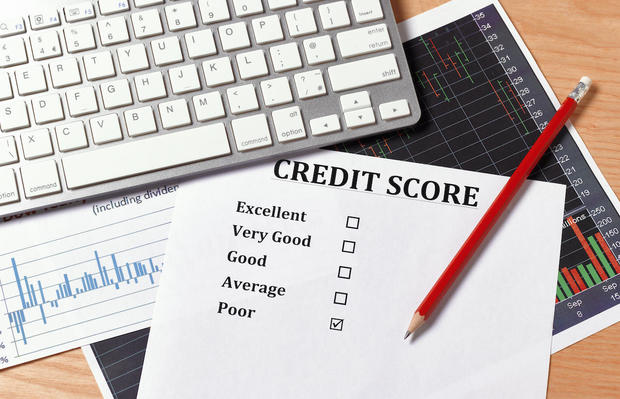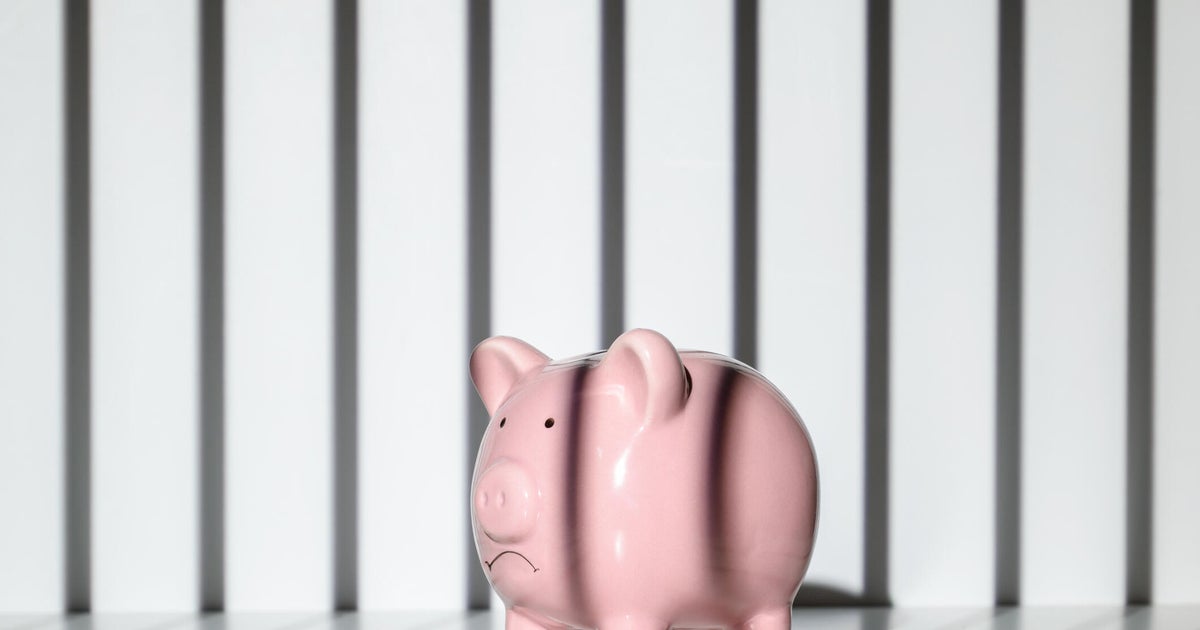How to check your credit score
The power of credit can't be ignored. With a strong credit score, you will have an easier (and financially beneficial) time applying for a mortgage or student loan. Employers, insurers and landlords may also refer to your credit score as they evaluate you.
When you first open a credit card, you'll soon receive a credit score and report associated with your name. You can even get a credit score without owning a credit card at all. If you've ever taken out a loan or had bills, chances are you probably have one. The question then is: Do you know what your credit score is?
You should be aware of your current standing. Here's a fast and easy way to check your credit score now.
How to check your credit score
There are at least four ways to check your credit score, according to the Consumer Financial Protection Bureau:
- Check your bank, credit card or loan statement. Many financial institutions offer free credit scores for their customers. You can often find your score on your monthly statement or by logging into your account online. You may need to opt into the service to receive your scores.
- Use a free credit score service. Make sure you understand a company's terms before signing up for its credit score service. While some scoring services offer free credit scores, others provide scores only to customers who pay monthly fees for their credit monitoring services.
- Buy credit scores from a credit bureau or other provider. You can purchase credit scores from one of the three major credit reporting agencies - Equifax, Experian or TransUnion. Your scores are also available through other paid providers, such as FICO and VantageScore.
- Consult a non-profit counselor. Credit counselors can often give you your credit report and score for free and review the details with you. The National Foundation for Credit Counseling is a valuable resource for finding a credit counselor in your area.
It's important to closely check your reports for any errors or inaccuracies. A poor credit report will hurt your overall score. See if anything is negatively impacting your credit score when getting a free report from Experian today.
What are the different ranges of credit scores?
When you receive your credit score, keep in mind that there are numerous credit scoring models, and you likely have multiple credit scores. Your credit score may vary depending on the site or bureau.
FICO and VantageScore are two widely used scoring models, but these scores break down even further. According to Debt.com, there are at least 16 different FICO credit scores and many of them are industry-specific.
Try not to pay too much attention to the exact credit score number. Instead, focus on the credit range your score falls in, as that lets you know where your credit stands and if it is poor, fair, good, very good or exceptional.
A good FICO score is between 670 and 739, while a good VantageScore falls between 720 to 780. Conversely, a FICO credit score is considered fair or bad if it falls below 670. Along these lines, a VantageScore between 658 and 719 is fair, and scores of 600 or lower are considered either poor or very poor.
Here's a breakdown to better compare the two:
Credit score ranges
- Poor: <580
- Fair: 580-669
- Good: 670-739
- Very Good: 740-799
- Exceptional: 800+
- Very Poor: 300-600
- Poor: 601-657
- Fair: 658-719
- Good: 720-780
- Excellent: 781-850
Generally, if your credit score is good or better, you stand a better chance of qualifying for credit products with favorable interest rates and terms. Lower scores typically make it harder to qualify for loans and credit cards and you'll likely pay higher interest rates. As such, you could add up to paying thousands more in debt over your lifetime.
If your credit is below-average, consider taking steps to repair your credit before applying for new credit.
What factors affect your credit score?
When you get your credit score, you should also see a list with up to five factors impacting your credit score.
- Payment history: 35% of your credit score
- Amounts owed: 30% of your credit score
- Length of credit history: 15% of your credit score
- Mix of credit types: 10% of your credit score
- New credit: 10% of your credit score
What hurts your credit score?
As you can see from the scoring factors above, some aspects of your credit history can significantly affect your credit score. The elements that hurt your credit the most are:
- Late or missing payments: Making on-time payments is one of the best credit habits you can follow since your payment history makes up the most significant percentage of your credit score. According to FICO, missing even one payment can cause your credit score to plunge up to 180 points, depending on how long the payment is late and your credit history.
- High debt balances: Your credit utilization percentage - the amount of available credit you're using - accounts for up to 30% of your credit score. A rule of thumb is to keep your credit utilization rate under 30%. The lower, the better.
- Negative account information: Certain information in your credit report can severely impact your credit score for years. Bankruptcies, foreclosures, repossessions, charge-offs and settled accounts are examples of negative account information that could remain on your credit report for up to seven years or longer.




